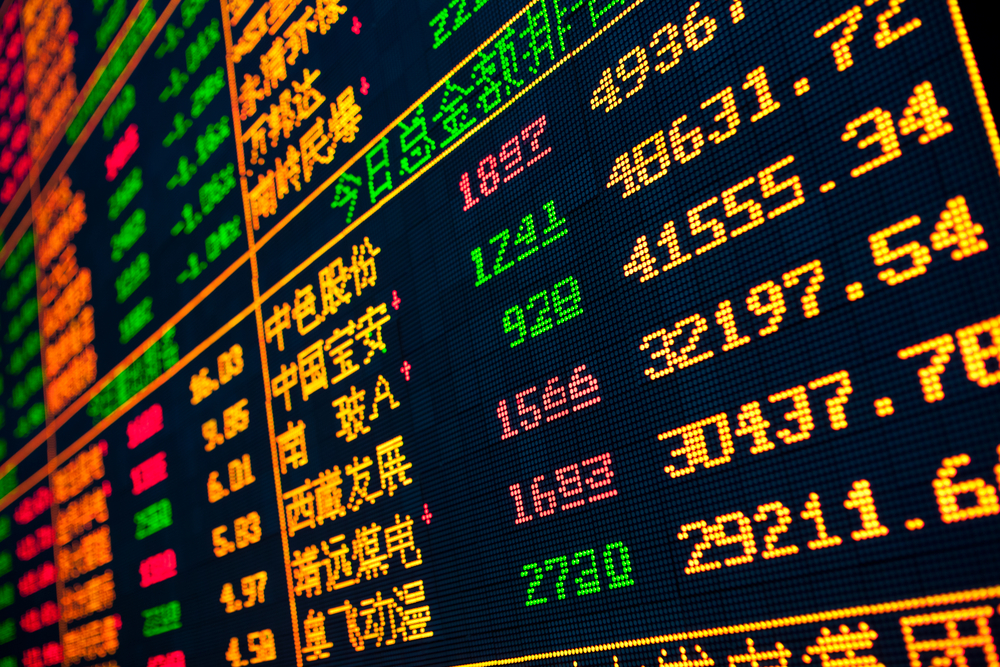Are China’s Corporate-Political Connections Undermining its Stock Market?

Please note that we are not authorised to provide any investment advice. The content on this page is for information purposes only.
Political connections are invaluable to industries or individual enterprises in China. But while they may bring regulatory benefits to private-owned enterprises during the state-controlled process of going public, they may also lead to China’s stock markets performing poorly.
China’s stock markets are fundamentally different from other major stock markets around the world. Ever since their establishment in late 1990, the process of going public in China is under tight government control. China’s stock market regulations have been under a merit-review regime.
Political connections are invaluable to industries or individual enterprises in China. But while they may bring regulatory benefits to private-owned enterprises during the state-controlled process of going public, they may also lead to China’s stock markets performing poorly.
China’s stock markets are fundamentally different from other major stock markets around the world. Ever since their establishment in late 1990, the process of going public in China is under tight government control. China’s stock market regulations have been under a merit-review regime.
In China, the government is an important determining factor for individual firms looking to access stock markets. The China Securities Regulatory Commission (CSRC) is the Chinese counterpart of the US Securities Exchange Commission, but it is fundamentally different. It still has the authority to approve or reject initial public offering (IPO) applications and to determine a wide range of specific issues related to an IPO, such as initial prices and the number of shares offered.
Political connections can bring benefits to firms in almost every aspect in the process of going public. Firms with political connections are significantly more likely to receive approval for IPOs by the CSRC. They are also significantly more likely to receive preferential treatments from the CSRC. They receive higher IPO prices, higher offering price-to-earnings ratios, and low degrees of IPO underpricing. Furthermore, firms with political connections are significantly less likely to receive pre-IPO onsite auditing by regulatory authorities. Even companies that have gone public or applied for IPOs on the more business-oriented ChiNext (modelled on NASDAQ) have benefited from their political connections.
Unlike political connections, which are ubiquitously important, legal and regulatory requirements for IPO applicants are largely of secondary consideration. Regulatory authorities in China seem to have strongly embraced the stance that effective protection of investors requires good corporate governance. This stance is so emphasised that authorities have written specific requirements on corporate governance into China’s Corporate Law and other regulations. But the repeatedly emphasised importance of corporate governance is more rhetorical than substantive. Research shows that corporate governance has an insignificant impact on a firm’s chance of IPO approval.
The CSRC has been reluctant to switch to disclosure-based regulation. The CSRC has insisted on regulating China’s stock markets using a merit-review model. This is possibly because it provides CSRC officials better opportunities for rent seeking than disclosure-based regulation. While political connections do not necessarily mean rent seeking or corruption, both anecdotal evidence and scholarly studies show that in China they are highly likely to correlate positively.
There is general acceptance that China’s stock markets have significantly underperformed in the Chinese economy and most of the other major stock markets in the world. The poor performance of China’s stock markets has been puzzling the Chinese public, economists and government officials alike. But under China’s state controlled IPO process, politically-connected firms are more likely to falsify financial statements to receive higher IPO prices and higher offering price-to-earnings ratios. By doing so, they mask their poor performance.
Political connections may bring firms and officials innumerable benefits, but they are the prime suspect in the case for inefficiency in China’s stock markets.
Using connections brings instant gain but long-term pain for China’s stocks is republished with permission from East Asia Forum




